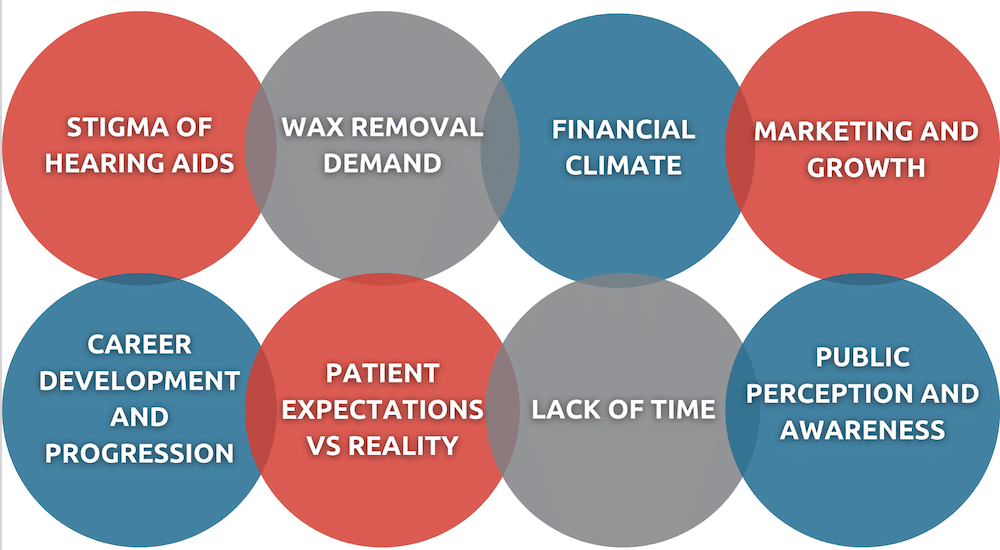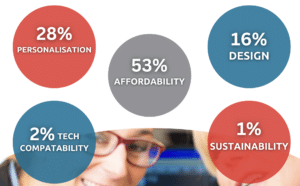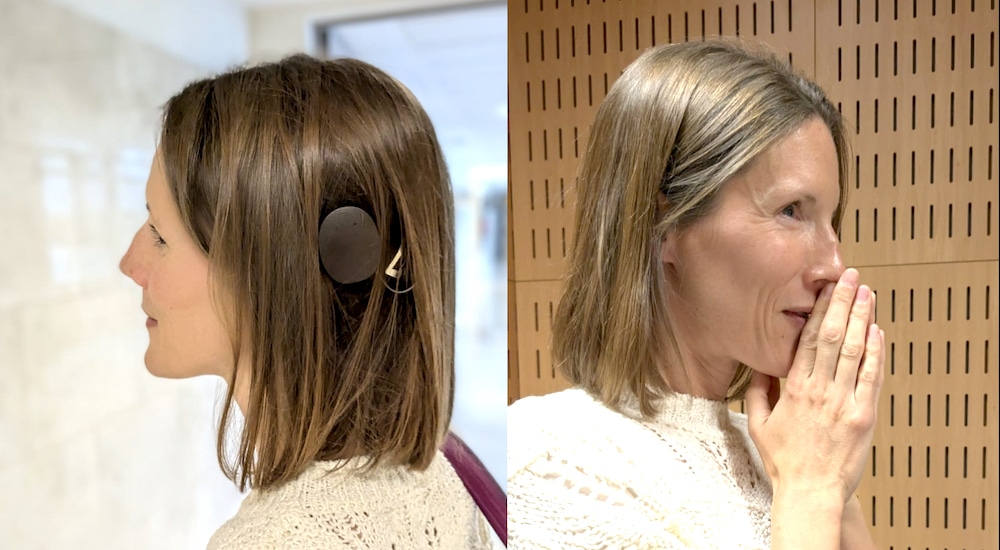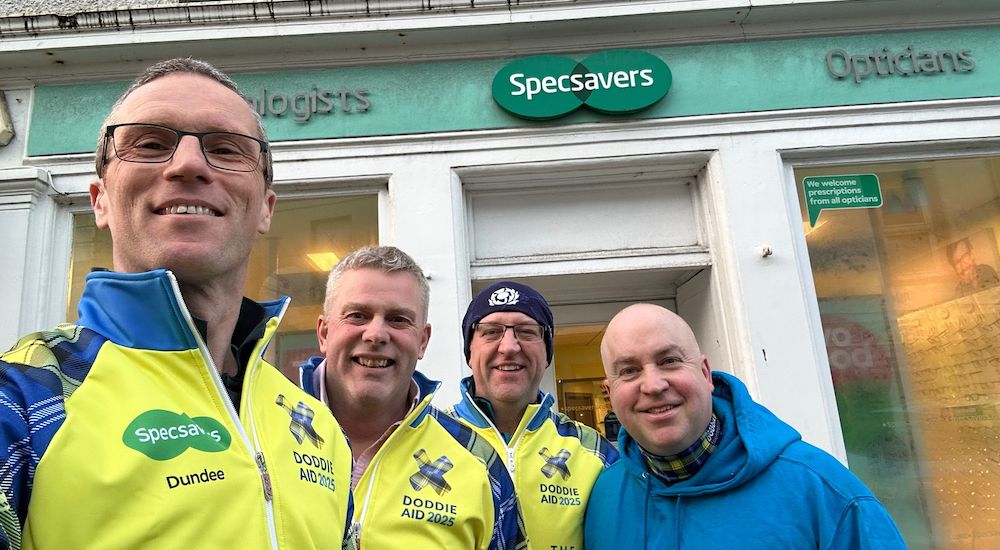What does the UK's 2024 Audiologist Survey Report reveal about the future of hearing health?
And if you are a UK audiologist, would you like to share your views on the sector in this year's survey?

BIHIMA – the British The Irish Hearing Instrument Manufacturers Association – has launched its 2024 survey of audiologists in the UK, a call for the concerns and reflections of frontline professionals in hearing healthcare. Together with the survey call comes the report on what audiologists answered in the most recent survey, last year.
In 2023, 100% more professionals answered than in 2022, in total close to 100 respondents, 72% of them from England, and only a few from Scotland, Wales, NI, and ROI, but BIHIMA points out that the report from this 2023 survey contains responses only from audiologists at private practices, not the NHS. “The number of public sector responses was too low to be considered representative and therefore has not been included in the report,” explained BIHIMA.
A crucial probe of UK audiologists’ concerns

PW
Paul Surridge, Chair of BIHIMA
“The audiologist survey is a crucial part of the BIHIMA calendar – we run it every year to get feedback on the profession and what the hot topics are for the industry right now, so we can focus on the issues that matter most to patients and professionals alike,” said Paul Surridge, Chairman of BIHIMA.
“This year, we have expanded our questions to include content focused around important areas such as primary care provision, tinnitus, the debated links between dementia and hearing loss, and which organisations could help to tackle the stigma around hearing loss,” continues Surridge.
Stigma – is it still significant? Is it declining?
Indeed, the overwhelming opinion among respondents (96.7%) is that stigma is still an obstacle to getting hearing tested and wearing the appropriate hearing technology. But this figure is elucidated by a pivotal check on how many see existing stigma as declining (50.5%) or still significant (46.2%).
On this key issue, Chairman Surridge focuses on work to be done: “We have found that the main reasons patients don’t wear hearing instruments is that they don’t believe their hearing loss is severe enough to warrant a hearing aid, that they don’t work effectively, are embarrassing to wear, won’t restore their hearing back to normal, and are uncomfortable. We’re working to change these perceptions.”
Take part in the 2024 survey
The survey is specifically designed to include many open ended questions to gather as much detailed feedback as possible from the respondents, says BIHIMA. To take part – it takes around ten minutes of your time – follow this link.
The report that emerges from the survey features key statistics as well as a broad selection of key quotes from audiologists to represent the themes of the feedback received. These include thoughts on why patients delay visiting their audiologist, what groups are most proactive in seeking support, the repercussions of NHS waiting times, what people’s priorities are when choosing a hearing instrument and how the industry could be improved. See this year’s report by clicking here.

“Our 2023 survey produced some fascinating answers about patients and their motivation for visiting their audiologist. We were particularly happy to see an increase in younger people booking a hearing appointment. While, proportionally, those in the 70+ age bracket may be more likely to experience hearing loss, it’s an issue that impacts people at all stages of life.” said Paul Surridge.
Another popular topic from the 2023 Audiologist Report was around ear wax removal, and the lack of legislation around those who can and cannot perform the treatment.
Respondents were also asked what could be done to improve the industry; one stated: “Strict regulations governing wax removal and hearing assessment so that private companies cannot train non-medical staff to perform these procedures after very limited training and no supervision afterwards.”
The report concludes by asking audiologists what provisions they believe could be made to modernise hearing instruments.
“It’s invaluable to hear feedback from those supporting people with hearing loss every single day,” said Paul. “I’m looking forward to the results from this year’s survey and increasing our responses from the public sector so we can ensure we are representative of the hearing industry as a whole.”
Source: BIHIMA


